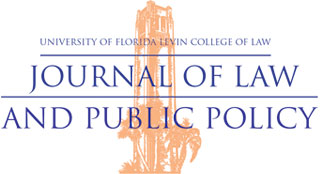
Abstract
International surrogacy can produce great joy, as well-paid surrogates help produce healthy children for caring parents. However, many current cross-border surrogacy arrangements occur under conflicting citizenship laws, which can leave surrogate-born children stateless and their intended parents fighting for parental rights. In addition, without sufficient regulation, international surrogacy can lead to abuses, including exploitation of surrogate mothers and abandonment of surrogate-born children. At the other extreme, excessive regulation, including prohibition, can also cause great harm as surrogates and intended parents are denied surrogacy’s benefits. Moreover, inadequate regulation can quickly lead to prohibition, as abuses cause a country to flip from one extreme to the other. Accordingly, moderate regulation is essential to protect surrogates, intended parents, and surrogate-born children. In addition, a transnational agreement to respect parental rights established in other countries would create international regulatory consistency and solve the heartbreak of a restrictive country refusing to recognize a surrogacy from another nation, stripping the parents of custody.
Recommended Citation
Shepherd, Sophia
(2022)
"Regulating International Commercial Surrogacy: A Balance of Harms and Benefits,"
University of Florida Journal of Law & Public Policy: Vol. 32:
Iss.
2, Article 3.
Available at:
https://scholarship.law.ufl.edu/jlpp/vol32/iss2/3